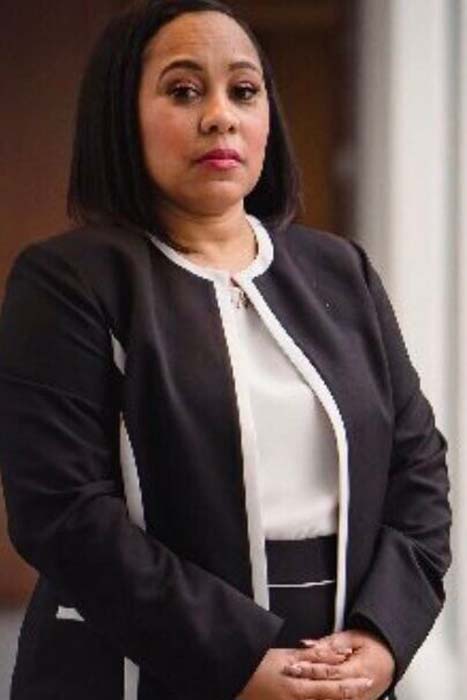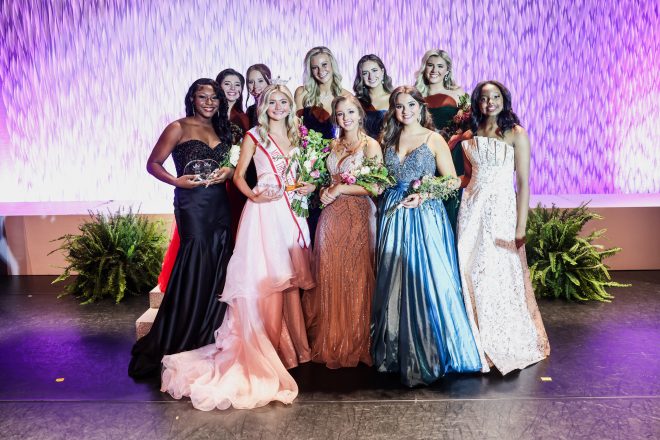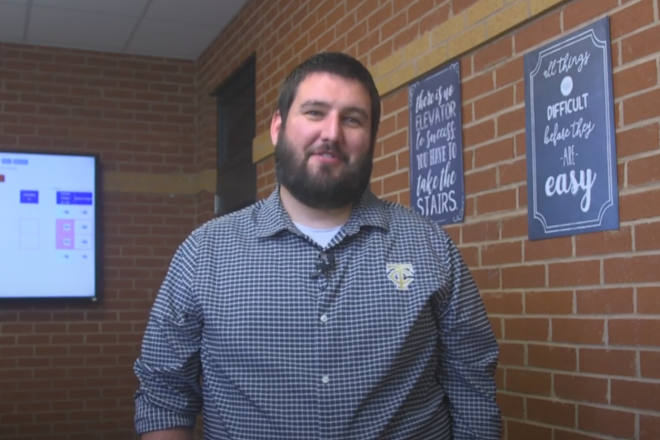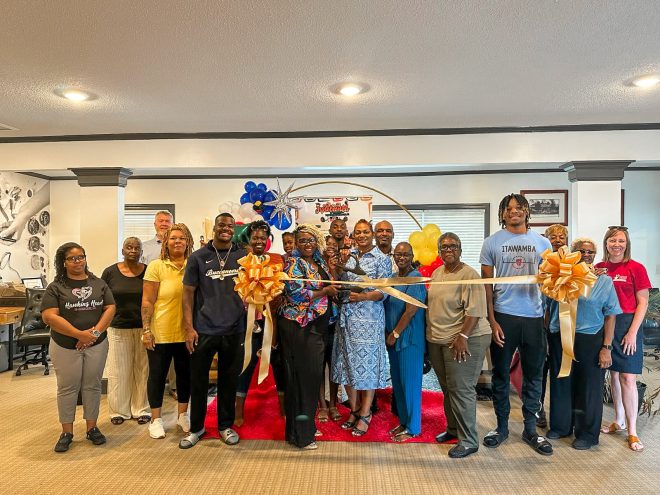Fulton County DA asks judge to deny Trump’s request to toss investigation
Published 7:31 pm Monday, May 15, 2023

- Fulton County District Attorney Fani Willis
ATLANTA — Fulton County District Attorney Fani Willis is asking the Court to deny Donald Trump’s motion to throw out an investigation into alleged election interference in Georgia’s 2020 general election.
Willis cited like of timeliness and lack of standing in Trump’s March 20 motion.
The motion seeking relief from the election interference probe was also joined April 28 by Cathleen Latham — one of the fake electors advanced by the Georgia Republican Party after the 2020 general election in support of Trump.
In addition to wanting to quash the Special Purpose Grand Jury report from the investigation, Trump and Latham’s motion seeks to disqualify Fulton County Judge Robert McBurney from overseeing the case, and disqualify the Fulton County District Attorney’s Office from additional investigations into or prosecution of alleged election interference.
“(Trump and Latham) are not content to follow the ordinary course of the law,” Willis responded. “They seek to ‘restrain’ a criminal investigation before any changes are filed or even sought; they ask that the judicial system place them above and apart from the common administration of the criminal law.”
Willis’s 24-page response, filed just before the 5 p.m. May 15 deadline, argues that Trump failed to support his claims of a “tainted” SPGJ process, and failed to meet standards for prosecutorial disqualification under Georgia law, as he did not provide any standard or basis for the transfer of the matter to another judge.
Trump and Latham expressed concerns regarding comments made by the State at a court hearing last year regarding a witness before the SPGJ’s assertion of Fifth Amendment Rights, but Willis argued they failed to state how the comments actually affected them.
Trump claimed the Court’s comments violated the rights of witnesses and parties in the investigations and argues that the jurors weren’t property instructed on the Fifth Amendment and a witness’ right against self-incrimination. He also claimed the grand jury could have been influenced by improper outside sources.
“It cannot suffice to assert that the comments might have been heard by the grand jurors, who as a result might have altered their understanding of the Fifth Amendment, which might in turn have affected their evaluation of certain witnesses, and which thus might have altered or ‘tainted’ the report, which in turn might somehow negatively affect (Trump and Latham),” Willis said.
Statutes concerning special grand juries are unconstitutional and vague, Trump argued in his motion, stating the statute does not clarify whether the nature of special grand jury is civil, criminal or both. He said the SPGJ can only be civil in nature, and thus could not subpoena out-of-state witnesses that testified before the grand jury.
Willis’s response cites a section of Georgia code that states a Special Purpose Grand Jury is authorized to investigate “any alleged violation of the laws of this state or any other matter subject to investigation by grand juries as provided by the law.”
Courts in multiple states opined that the nature of the Special Purpose Grand Jury in the case is criminal investigation, Willis noted.
Trump and Latham argued that statutes were unconstitutionally applied because some individuals were named “targets” of the investigation and witnesses’ Fifth Amendment rights were not protected.
Willis argues that she did not make public statements as to Trump or Latham being guilty of any crimes, which would allow her to be disqualified from the case; she said she has made comments regarding “allegations” and general statements about the investigation and the reasons for such investigations.
“The arguments are unpersuasive because the term ‘target’ has no constitutional significance in Georgia….” Willis responded.
Willis cited untimeliness of Trump and Latham’s request to disqualify the Fulton County office, especially after the investigation had concluded. Latham made two prior attempts, unsuccessfully, to disqualify Willis from investigating her.
“Mr. Trump asserts that he has been ‘inextricably intertwined with this investigation since its inception in early 2021, also observing that he participated in the event which precipitated the investigation, a phone call in January of 2021,” Willis responded. “By his own estimation, Mr. Trump has been the center of an investigation which has progressed for two years, but only now he is moving for the prosecutor’s disqualification.”
On a recorded phone call, Trump can be heard pressing Secretary of State Brad Raffensperger to “find” 11,870 votes, which would have given him the victory in Georgia, surpassing President Joe Biden’s total.
Willis, in her court filing, also asked that the Court deny the joint motion’s request for a hearing, stating that Trump’s filing included hundreds of pages of exhibits, statements, transcripts and prior orders from the Court, and that no further developments would result from a hearing.
Willis plans to announce a charging decision between July 11 – Sept. 1 related to criminal interference in the state’s 2020 election, and she has requested heightened security from law enforcement pending the announcement.





